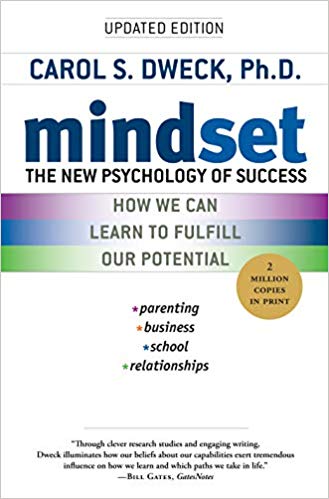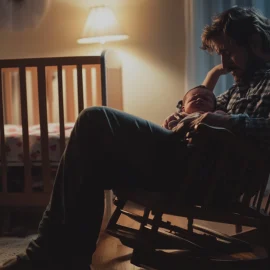

This article is an excerpt from the Shortform summary of "Mindset" by Carol Dweck. Shortform has the world's best summaries of books you should be reading.
Like this article? Sign up for a free trial here .
Experiencing rejection is painful for an adult, but imagine how it feels to a child. Children experience rejection daily in schools. Starting in grade school, some kids are victimized, attacked, or ridiculed. Ongoing bullying makes some children’s lives a nightmare and can evolve into years of depression and anger. What are the causes of bullying? Is the cause of bullying a fixed mindset?
We’ll cover some causes of bullying, in schools particularly, and why a fixed mindset may be partially to blame.
Common Causes of Bullying
There are two primary causes of bullying that have to do with the adults in charge:
- Schools may be reluctant to act because they don’t see the bullying or it’s done by favorite students. This leads to more bullying.
- Sometimes the authorities decide that the victims rather than the bullies are the problem. This leads to more bullying.
Nonetheless, as a society, we’re paying more attention to bullying today because of school shootings. The boys who shot classmates at Columbine High School in 1999 had been bullied for years. Bullying is suspected to have played a role in other mass shootings as well.
Why Bullies Bully
Bullying in school is about powerful kids judging vulnerable kids as less worthy or less valuable human beings. Once they identify victims, bullies torment them constantly. Judging and humiliating others gives bullies a rush, as well as social status and power: others may look up to them or at least fear them. This is one of the causes of bullying.
Bullies apply fixed-mindset thinking. They prove their superiority by singling out others as inferior because of some difference. Eric Harris, one of the Columbine shooters, was a typical victim. He had a chest deformity and was short, in addition to being a computer nerd and an outsider not from Colorado.
Victims Want Revenge
A fixed mindset not only drives bullies–it can also affect how victims of bullying respond. Many fixed-minded adults respond to rejection with thoughts of revenge and violence. Kids who are constantly bullied may be even more susceptible to revenge fantasies.
Researchers gave eighth-graders a scenario about bullying and asked them to imagine it was happening to them. When asked to write down how they’d feel and react if they were taunted on a daily basis, students with a fixed mindset said they’d feel judged (“I would think I was weird or a nobody”). They also wanted to strike back — to hit the bullies or run over them. They strongly agreed with the statement, “My number one goal would be to get revenge.”
Students with a growth mindset were less likely to feel judged or labeled as less worthy by bullying. They saw it as the bully’s problem — a way for them to feel better. They wanted to confront or question the bully about why they needed to hurt others. The growth-oriented students wanted to forgive and reform the bully.
If a bullying victim doesn’t have a fixed mindset, ongoing bullying can push them into one. A victim may begin to believe they’re inferior and deserve the bullying, especially if no one else stands up for them. Victimization can lead to depression, suicide, and sometimes even violence.
Brooks Brown, who was a classmate of the Columbine shooters, was also bullied but came to adopt a growth mindset. He believed people had the potential to change, and even reached out at one point to Eric Harris after the two had had a serious run-in in school. As an adult, Brown is now an anti-bullying advocate. He believes school shooters aren’t monsters but people much like everyone else, who need help. A fixed mindset might be the root cause of bullying.
———End of Preview———

Like what you just read? Read the rest of the world's best summary of "Mindset" at Shortform . Learn the book's critical concepts in 20 minutes or less .
Here's what you'll find in our full Mindset summary :
- The difference between a growth and a fixed mindset
- How a fixed mindset keeps you back throughout your life: education, relationships, and career
- The 7 key ways to build a growth mindset for yourself






